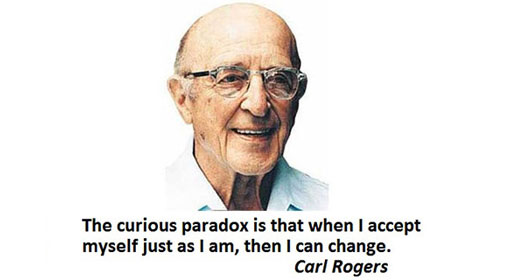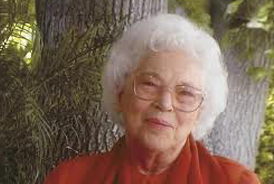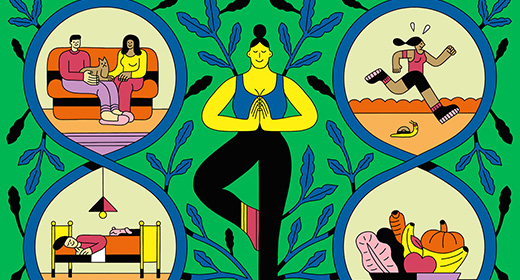Raghu: Can you talk about how we go about cultivating compassion so that we start to become kinder to ourselves and to others?
Ram Dass: We’ve lived our lives with negative images of ourselves, from childhood on, and we’ve built upon those images, and built upon them, and they became very heavy weights. These thoughts about us are a part of our ego, and they’re manifested through our roles of child or husband, wife, breadwinner, all of those roles. They’re built upon the thoughts of, “I’m not truthful” or “I’m not likable”, “I’m not good” – all of those negative images. Once you identify with your soul you start to taste the love in your true self, in your spiritual heart and it’s different than all of the loves you’ve ever had. It’s just different; it’s unconditional love.
Now you have the clarity and the vantage point of being able to see your incarnation through the perspective of the soul – it gives you a panoramic view of your incarnation. Only then can you develop compassion, first for yourself and then for others.
When you see someone who is hurting, typically you think and then act from your mind, “I must go to them”. But from the vantage point of the soul you know that somebody is hurt, but you also recognize that the hurt is part of all of us. In other words, when you identify with your soul everybody is part of us. You don’t react in a way of, “I’m going to help that person” – it’s like one hand pulling the other hand out of the fire. It’s all part of the same body. That’s true compassion.
A part of that soul is the witness, and the witness sees your thoughts, and your ego. “There goes my ego again…” Then it’s that interplay of the thoughts that we are identified with, and when I realize I’m identified with a thought I say, “What am I doing here?” And I witness it.
For instance, in the case of relationships, when you get angry and frustrated with the other person you think, “Oh my God, how did I get here? What did I do? What am I doing here?” The minute I notice that kind of heaviness, I realize it’s just my mind. When you see the circumstances from the place of a witness, you can invite the other person into that spaciousness, “What are we doing? Our relationship isn’t feeding us.”
Through that spaciousness and through the vantage point of the witness you see the other person as a soul, and compassion for the other person deepens. You have to realize, when we came in from beyond, when we were born, there were people around us – there’s a mother and a father and a doctor, a nurse, and they’re all busy with their roles. Because of that, they play a part in our role identification: “I am the role of baby.” Even if your last birth was a High Lama, they don’t care – “this is OUR baby! Yum yum yum!” From that vantage point, we go through baby, child, adolescent… and the roles sit heavy on us, just as they do in a relationship.
You cut through by going inward, not outward, and reach for the soul, just that way, that’s all you have to do. You don’t have to change the other person, although that may be what you want to do, because it’s unpleasant. Instead, just stay with the witness.
Raghu: So the witness is the leverage point to be more compassionate, and once you are identified with that and you’re within your spiritual heart, you have a chance at being kinder towards yourself and to others. You know, I love what you said to me some time ago in dealing with the mind – you said, “You know what I do? I love my thoughts to death.”
Ram Dass: And I do that because when I get frustrated, all of that upsets my heart, and it’s not worth it, so I just say, “I love my thoughts. I love them to death.”
Raghu: That’s the ultimate act of compassion towards yourself.










































